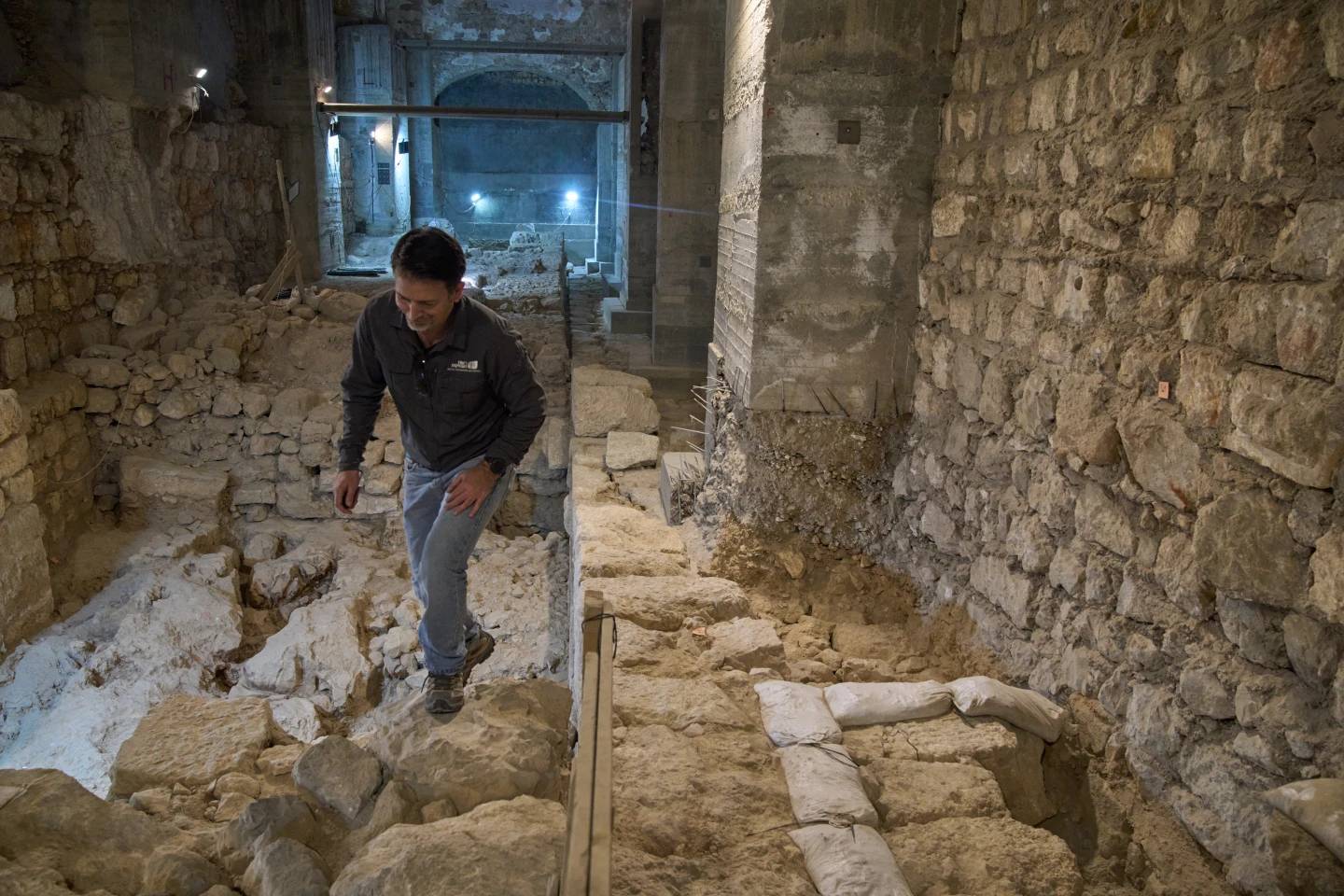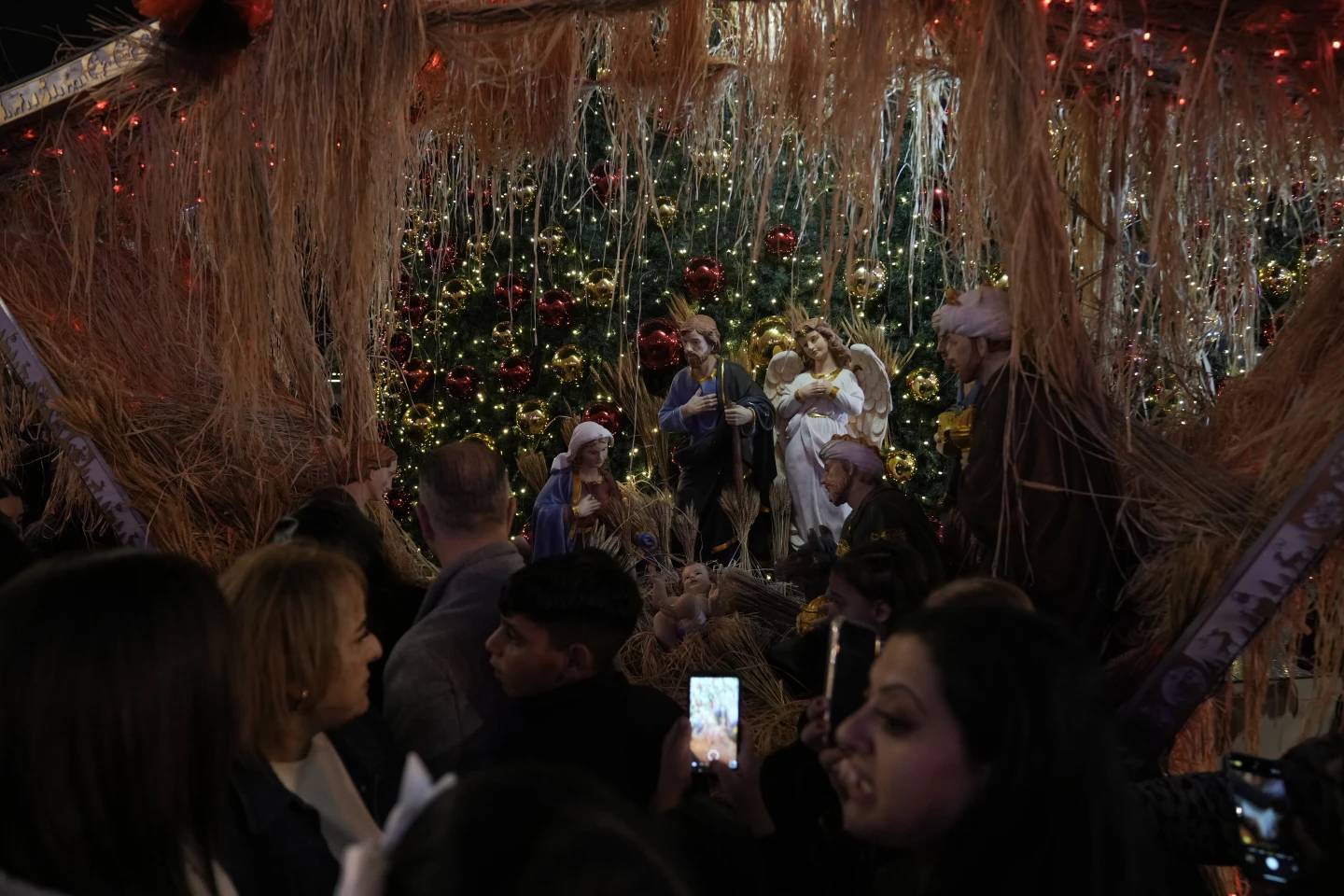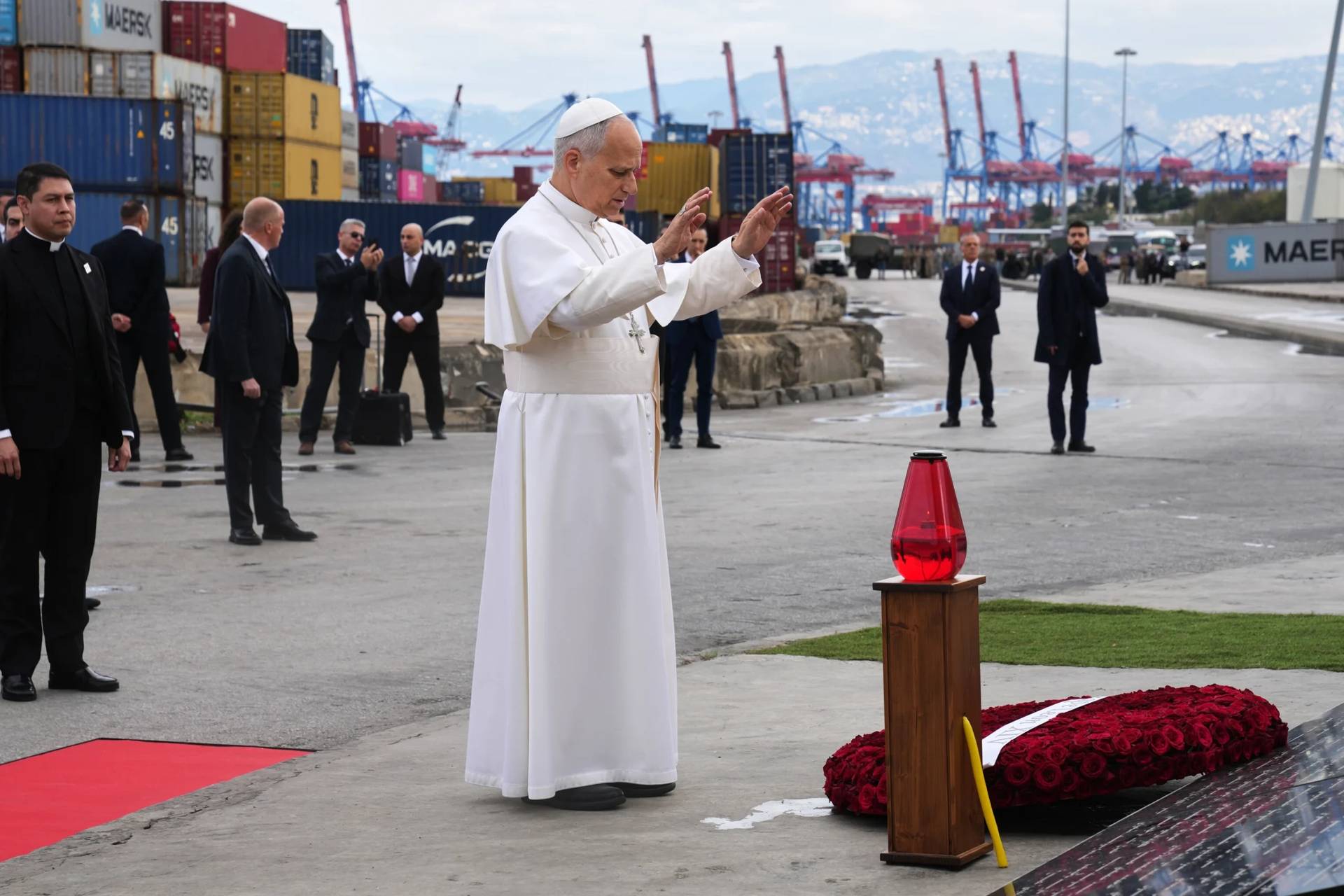BEIRUT — Two U.S. Maronite Catholic dioceses are sponsoring 450 families each month in Lebanon and have provided several hundred thousand dollars for hospitalization costs.
“I’ve never seen Lebanon like this before,” Maronite Bishop A. Elias Zaidan of Our Lady of Lebanon of Los Angeles told Catholic News Service in mid-June. “What concerns me the most,” he said of his homeland, “is the dire need of the people. It’s a very, very sad situation.”
Zaidan is a U.S. board member for Caritas, the church’s charitable aid agency in Lebanon, and the two U.S. Maronite dioceses work through Caritas Lebanon. Since late 2019, Lebanon has been in an unprecedented economic crisis, such that nearly 90% of the population is now living in poverty.
“We need to save the Lebanese people,” said Zaidan.
During his visit to Lebanon, the Los Angeles bishop met with Carmelite Father Michel Abboud, president of Caritas Lebanon, who said the organization is experiencing an increase in the number of families asking for support. The priest said the coming year is expected “to be a very difficult one” and thus is asking for more help.
With the collapse of the Lebanese currency — its devaluation has reached 95% — Zaidan said that, now, even $50 “can go a long way” in helping a struggling family, and that $300-$400 can nearly cover a Catholic school annual tuition.
“Now is the time to save Lebanon. We need to save the Lebanese people,” Zaidan said.
After Maronite bishops from around the world met in Lebanon June 13-18, they said the “the deteriorating economic, financial, social, living and security situation in Lebanon and Syria” constituted “a dangerous reflection on Lebanon’s identity, role, and mission, and on the presence of Christianity in the Middle East.”
The prelates commended “the great efforts” of bishops, in cooperation with parish priests and committed laypeople in the field of social service and church and civil associations, who worked on getting the necessary help to whose in need and encouraged the faithful to “remain firm in their faith in God.” They also thanked Maronite dioceses in the diaspora — like the two in the United States — and international church and civil institutions for their support.
The bishops also warned that Lebanon’s Catholic schools “are threatened with closure and collapse due to the great challenges in the current economic, social and living conditions, the inability of the state to pay its dues and the difficulty of parents in paying the installments.”
The bishops reiterated “the educational mission of the church, which has contributed through the ages and continues to contribute to the development of societies and the spiritual, scientific and national advancement of humanity, and which has made Lebanon a country of distinctive cultural radiance.”
They demanded that the state “do its duty to support private education as well as public education” and to support social security, medical care and hospitalization for all citizens.














